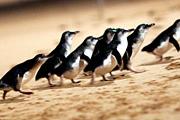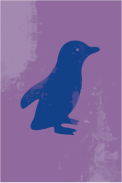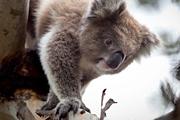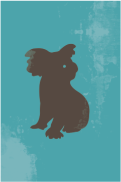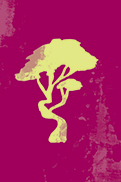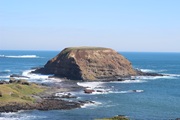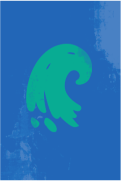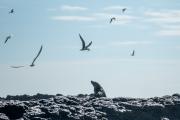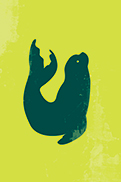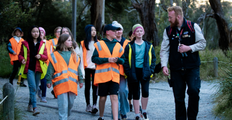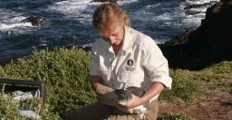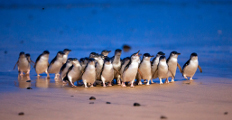‘Citizen scientists’ to help protect Australian fur seal colonies
Researchers from Phillip Island Nature Parks are calling on the community to become ‘citizen scientists’ in a unique opportunity to help protect our population of Australian fur seals. Using drone technology, marine scientists have captured thousands of photographs of seal colonies at Seal Rocks off Phillip Island, and The Skerries near Mallacoota. With the help of budding conservationists via an online portal, these images will be used to identify new pups and entangled seals. This count data is vital for ecosystem monitoring, and for the ongoing protection of this species.
Now in its fifth year, Phillip Island Nature Parks Marine Scientist Rebecca McIntosh said the SealSpotter Challenge is growing in popularity, with people from more than 90 countries identifying more than 120,000 seals last year, a tally that includes counting each photo up to 10 times for accuracy.
“Together, the two colonies are home to about 30,000 seals, which is a big proportion of the species,” Dr McIntosh said.
“We learn so much from using drones. They let us study the colony without disturbing the seals, which is something we’ve really never been able to do before. In the past, we were very limited in when and how often we could count the seals. Now, we can safely count them right when we need to and go back as often as we like. That’s absolutely critical in getting a better handle on what’s really going on.”
“From on-the-ground counts over the last 20 years, we’re seeing a decline in the number of pups being born each year, and that’s really concerning. But that is from a pup census being performed only every 5-years, so it’s hard to put our finger on exactly what’s happening. This species is a top predator in the ecosystem, so if something is impacting them there’s likely a bigger story going on, and we need to know about it.”
The SealSpotter Challenge is also used to see how many seals are entangled in marine plastics like fishing line and bags. “Young seals are playful and naïve and easily get tangled in marine debris,” said Dr McIntosh. “It’s absolutely heartbreaking to see, and with more and more plastic getting into the ocean,
the issue is not going away. We need the community to be our eyes here, so we can stay on top of the problem as much as possible.”
The SealSpotter challenge will start on June 8 and run until June 22.





